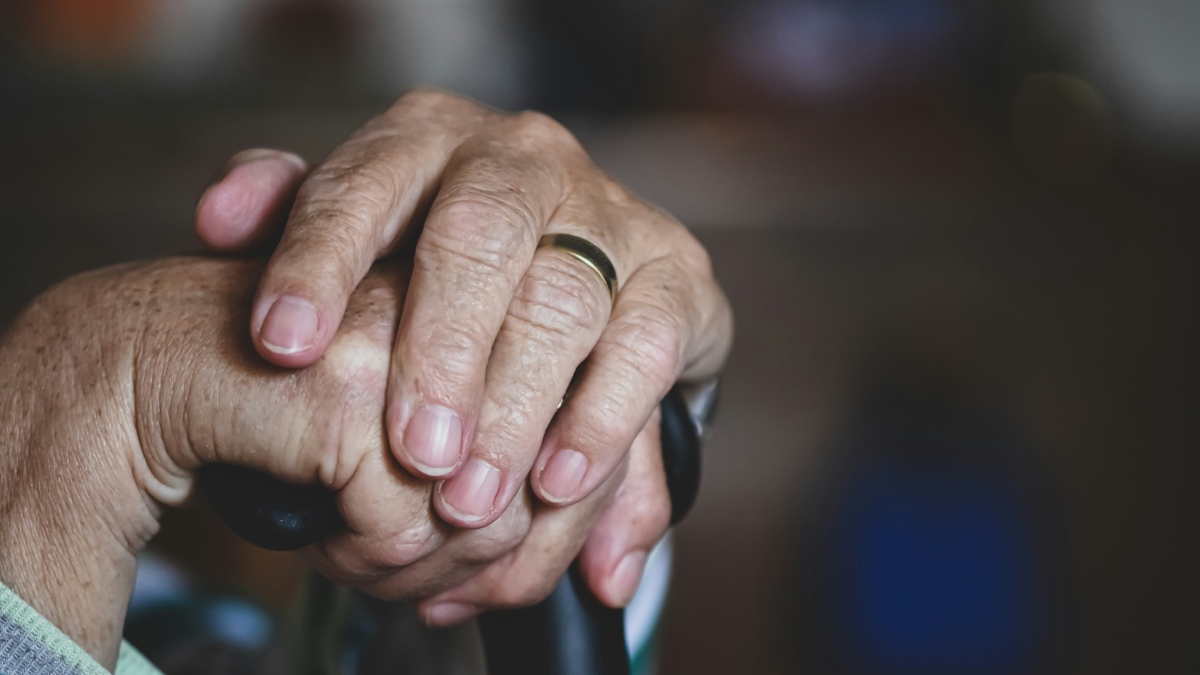In a country where respect for the elderly is deeply woven into our cultural and spiritual fabric, the Philippines has long stood as a model for recognizing the dignity of older persons. Our laws—especially the Expanded Senior Citizens Act—grant a range of financial and social benefits unparalleled in many parts of the world. But honoring our elders should mean more than offering discounts and special lanes. True honor lies in unlocking the full potential of older persons as active contributors to our communities. In other words, it’s time we shift from merely caring for our elderly to engaging them.
This is the essence of active ageing, a concept that the World Health Organization defines as “the process of optimizing opportunities for health, participation and security in order to enhance quality of life as people age.” It acknowledges that ageing need not equate to disengagement or dependence, but can instead be a vibrant chapter of life, filled with continued learning, purposeful work, and valuable contributions to society.
In the Philippines, the foundations are there. Many older Filipinos remain physically capable, intellectually sharp, and emotionally resilient. What we lack is a structured, nationwide framework that enables them to remain meaningfully engaged. We must view ageing not as a burden, but as an untapped resource. And to do this, we need to build systems that empower, not just protect.
Volunteering is one such pathway. Senior citizens possess a wealth of experience, wisdom, and compassion that can greatly benefit their communities. Yet this potential is often overlooked. A comprehensive national program that encourages volunteering among the elderly—through organized recruitment, training, forming associations, and recognition—would go a long way in fostering a culture of inclusion and purpose. Imagine older persons mentoring youth, leading community clean-up drives, or teaching traditional crafts. These are not just activities; they are bridges across generations.
Employment is another opportunity. For many older persons, continued work is not just a financial necessity, but also a source of identity and fulfillment. The government and private sector can work together to create age-friendly workplaces and part-time employment schemes tailored to older adults’ capabilities. This includes increasing tax incentives for companies that hire or retain senior workers, encouraging more inclusive hiring practices and job redesigns that respect the limitations and strengths of ageing employees.
Education, too, must not stop at 60. Lifelong learning opportunities—in digital literacy, arts, health, or entrepreneurship—can help older adults stay mentally active and socially connected. Community colleges and barangay learning hubs can serve as the frontlines for these efforts.
Central to all this is an ageing framework that provides structure and direction. The National Commission on Senior Citizens (NCSC), in collaboration with other agencies like the DSWD, must lead the charge in crafting an inclusive national strategy for active ageing. This strategy must not only ensure continuity of care but create pathways for civic engagement, intergenerational exchange, and lifelong development. It would also include public awareness campaigns starting at home, schools, community, government and private companies, among others, to challenge ageist attitudes and promote a more nuanced, respectful view of ageing.
We must remember that the active participation of older persons is not a luxury; it is a necessity. As the proportion of elderly citizens continues to grow, our economy, health systems, and social fabric will increasingly rely on the contributions of this demographic. Let’s stop thinking of older Filipinos as a vulnerable sector and start seeing them as vital partners in building a resilient, compassionate, and forward-looking society.
By investing in programs that support active ageing—through work, volunteering, education, and inclusive public policies—we are investing in our own futures. After all, ageing is not someone else’s story. It is a journey we all share. Let’s make it a golden one, not just in years, but in meaning, dignity, and purpose.
Emiliano “Nano” M. Manahan Jr., an Adamson University alum, is a semi-retired HR consultant with 40 years of experience. He advocates for marginalized groups, publishing books on empowering OFWs, the elderly, and PWDs. Jerome Babate, RN, MBA, PhD, LCLP is a nurse leader. He is based in Australia.






